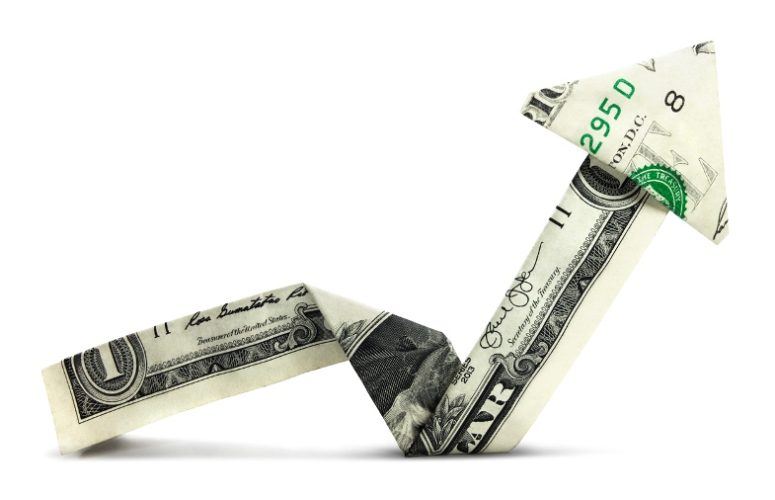
Reviewing the Inflation Reduction Act
By Jim Pytell, Managing Editor On Aug 9, 2022A Democrat-backed, 755-page bill dubbed the Inflation Reduction Act was approved via the budget reconciliation process on Sunday, with a party-line Senate vote that required a tie-breaker from Vice President Kamala Harris to pass.
The major spending bill tackles a variety of topics that the Democrats’ view as key to their election-year agenda, including healthcare, climate and taxes.
While Democrats have argued the measure will target voters’ main economic concern – see the name of the bill – Republicans argue the new spending would instead negatively impact inflation.
The nonpartisan Congressional Budget Office says that the bill has a “negligible” effect on inflation in 2022 and into 2023.
“Despite its imperfections, I am deeply proud to have voted for [the bill],” said US Senator Cory Booker, who called the bill a transformative piece of legislation at a press conference today.
“This legislation will transform the lives of millions by lowering the cost of prescription drugs to help seniors struggling to make ends meet,” added US Senator Bob Menendez. “This bill will also supercharge our nation’s fight against climate change by putting us on a path to reduce emissions by 40% by 2030.”
On taxes, the bill enacts a 15% minimum tax on the financial statement income of corporations that make more than $1 billion in profits (book tax). A 1% excise tax on stock buybacks would also take effect next year.
The nonpartisan Joint Committee on Taxation found that nearly 50% of the burden of this tax would fall on manufacturers. Additionally, the National Association of Manufacturers found that in 2023 alone, this would result in 218,108 fewer jobs, reduce real GDP by $68.45 billion and decrease total wages by $17.11 billion.
While NJBIA supports certain aspects of the legislation, it remains opposed to the increase in taxes, which aims to cover the billions of dollars of additional spending increases proposed in the legislation.
“Accelerated depreciation – the ability to recover the cost of acquiring an asset over a short time span, sometimes as soon as the year of purchase – has been in the tax code in some form since at least 1958,” says Chrissy Buteas, chief government affairs officer at NJBIA.
“This policy encourages companies to invest in capital assets, like machinery and equipment, that power long-term economic growth. But unlike the tax code, the financial accounting rules upon which a book tax is based require depreciation over the useful life of an asset,” she adds. “As such, a book tax would effectively eliminate this long-established incentive to invest in the United States. It is clear that a book tax would threaten American competitiveness.”
When it comes to spending, the legislation proposes $369 billion over 10 years on clean energy and to promote climate resiliency. The bulk of this investment is in new and enhanced tax credits for solar, wind and other renewable energy technologies to produce carbon-free electricity.
The spending would represent the single biggest climate investment in the nation’s history – though still shy of the $555 billion that the Democrats originally called for.
In terms of healthcare, the bill includes a measure that allows the federal health secretary to negotiate prices of certain drugs each year for Medicare, though it is limited. The measure will take effect for 10 drugs covered by Medicare in 2026, and increase to 20 drugs in 2029.
The bill also puts a cap of $2,000 on out-of-pocket prescription drug costs for people on Medicare, effective in 2025; and separately, extends subsidies under the Affordable Care Act for three years.
The House will aim to approve the bill and send it to the White House for Biden’s signature later this week.
To access more business news, visit NJB News Now.
Related Articles:





